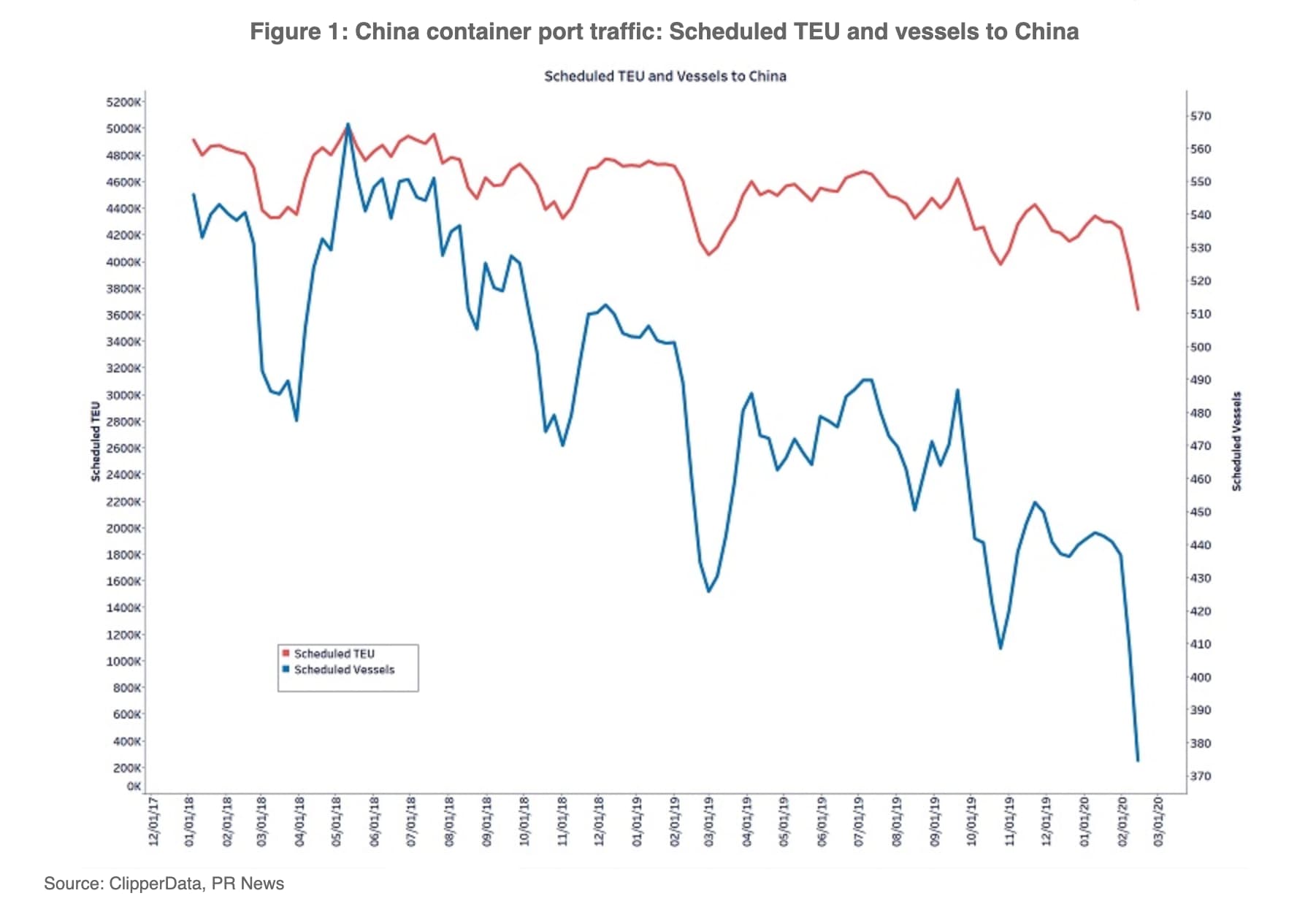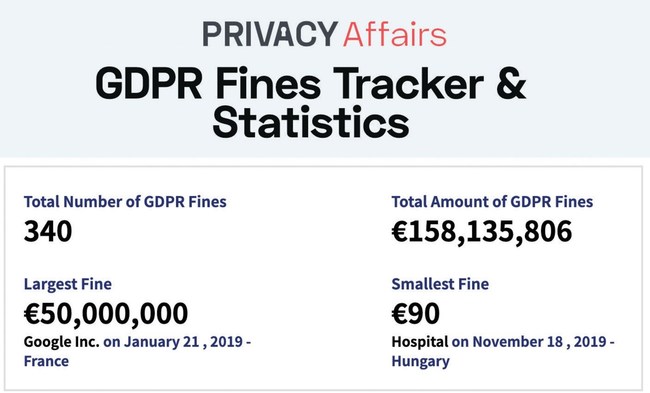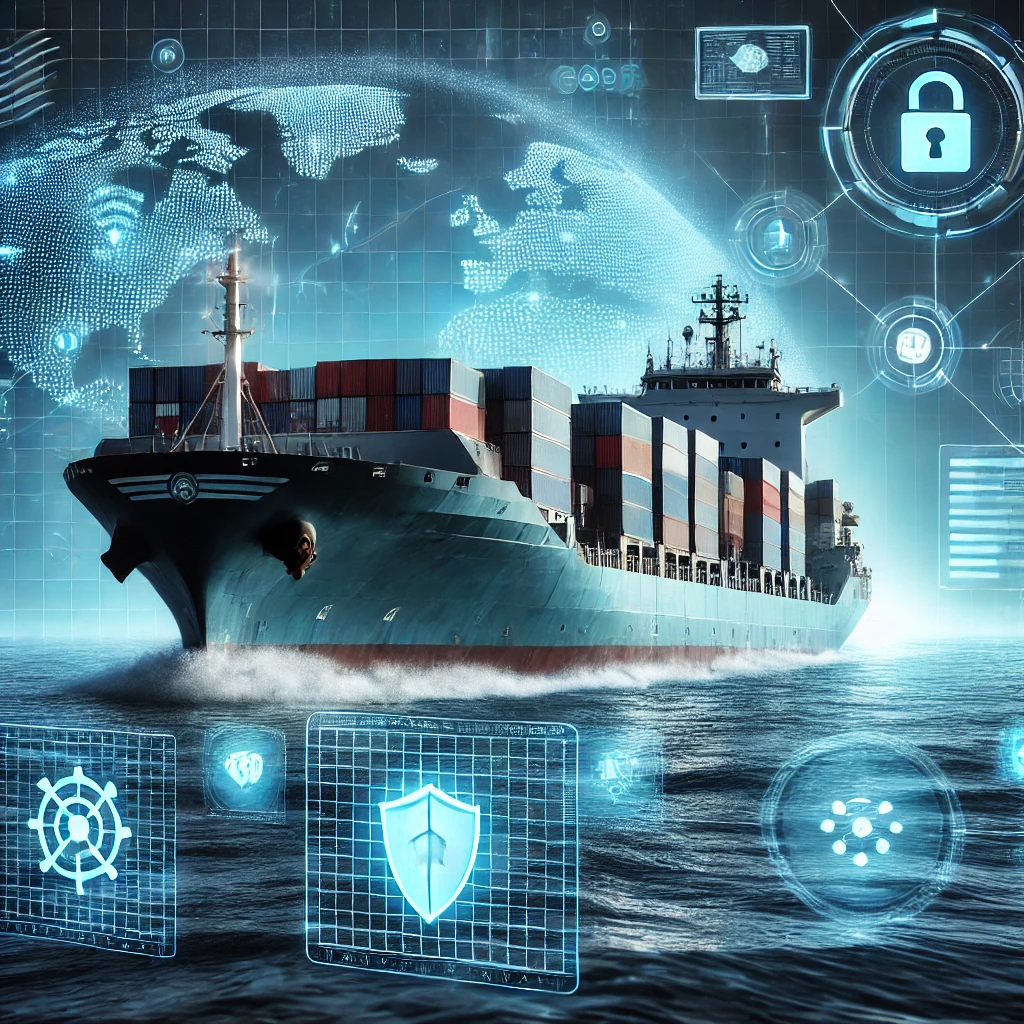- COVID-19’s impact is being felt at sea as well as on land.
- The pandemic offers an opportunity to start building a sustainable ocean economy fit for the future.
- Here are 8 areas for policy-makers to consider.
Almost no facet of our global economy has been immune to the COVID-19 crisis.
Much has been said about the disruption in more familiar sectors such as airlines, restaurants, and sports – but the long arm of COVID-19 has also reached out to sea, and is affecting our “blue economy”. This collection of formal and informal marine jobs, products, and services has been valued at $2.5 trillion a year. If the ocean were a nation, it would rank as the 7th largest economy in the world.
Maritime shipping has seen COVID-19-associated drops in activity of up to 30% in some regions. Lockdowns and reduced demand for seafood have seen fishing activity fall by as much as 80% in China and West Africa. Entire nations dependent on ocean and beach associated tourism have shut their borders. Globally, COVID-19’s impact on tourism may amount to a $7.4 billion loss and could put 75 million jobs at risk.
Have you read?
Some of the COVID-19 stimulus packages that are being designed to recover land-based industries and communities are also exploring ways to leapfrog forwards into greener modes of operation. However, little is being considered for bluer modes of operations. Similar opportunities, however, await us in our ocean and on our coasts.
Here are eight pathways for rebuilding an ocean economy that is both stronger and more sustainable after COVID-19.
1. Bluer blue tourism
Ocean tourism, before COVID-19, was directly valued at $390 billion globally and comprises a significant portion of the GDP of many nations. The millions of people that depend on ocean tourism, and consequently have a stake in ocean health, cannot be abandoned during the pandemic. Recovery funds could prevent furloughs by hiring people to restore coastal ecosystems, such as coral reefs and mangroves, given the massive return on investment that such ecosystems deliver to blue tourism. Similar nature-based job creation programmes were developed during the Great Depression, such as the Civilian Conservation Corps in the US. Stimulus funds could also keep workforces active installing sustainability upgrades in now empty hotels – drinking water stations to reduce plastic pollution and water treatment systems, for example – and training staff to diversify their sustainability skillset.
2. Reducing shipping emissions
Maritime shipping carries an estimated 90% of the planet’s cargo. This ocean traffic contributes significantly to global emissions of carbon and other air pollutants. The International Maritime Organization has mandated that shipping emissions be reduced by 50% by 2050. A reduction in shipping activity during COVID-19 provides a valuable opportunity to move towards this goal. Quiescent vessels can be fitted with upgrades to increase fuel efficiency and reduce emissions. Quieter shipyards can retool and secure political support to prepare for future demand to be met with zero-emission vessels. Such opportunities are greatest in Asia, where China, together with South Korea and Japan, represent more than 95% of the world’s shipbuilding by tonnage. Any aid directed to accelerate progress towards decarbonizing shipping should also include opportunities to electrify ports and prepare them to provide zero-emissions fuels.

3. Avoid squandering a post-COVID-19 fish bounty
Unlike other investments, living ocean resources literally grow during downturns. During World War II, many fishing vessels were forced to stop fishing. This reprieve allowed fish populations, such as cod, to increase. Should any such gains be accruing during COVID-19, we must resist the urge to immediately over-harvest them. Instead, we should use fisheries science to design intelligent harvest-yield protocols that maximize the long-term benefit of any possible COVID-19 gains.

4. Supporting our mariners – delivery truck drivers of the sea
Ships are arguably the world’s most challenging work environment in which to confront a pandemic. Vulnerable mariners, such as those in the shipping and fishing industry, are vital to the functioning of society. They are the grocery clerks and delivery drivers of the blue economy. Ramping back up these sectors will require that crews be provided with viral and antibody testing and that they be extended dignified, safe transit home after being at sea for one month or more. Crews should also be given access to secure communication channels linking them to home. In the fishing industry, enhanced communications would confer the added benefit of combating slavery at sea.

5. Stay the course on ocean parks
Only 7.4% of our ocean is currently protected. These ocean parks benefit marine biodiversity and help boost breeding fish populations that spillover to enhance regional fisheries, create jobs in tourism, and potentially sequester more carbon. Some have suggested, however, that because of COVID-19 we must open up these ocean parks to industrial fishing. This would be folly. These parks are long-term ocean investments that take decades to mature, but only days to erase. In addition to short-changing future fishers, dissolving ocean parks would be a blow to sustainable blue tourism. Such actions would be akin to dismantling and selling off all the rides in Disneyland during COVID-19 – a short-sighted disservice to local jobs and economies.

6. Farming the sea to feed billions
Scientists estimate that around 845 million people worldwide are nutritionally vulnerable to any decline in seafood. COVID-19 could exacerbate these challenges via disruptions to blue food trade and labour networks. We can avoid some of this trauma to food security systems by using stimulus funds to bolster smart aquaculture, or ocean farming which can provide nutritional support to vulnerable local populations, while minimizing environmental impact. Such investments could be patterned after environmentally and nutritionally aware investments in agriculture.

7. Digitizing our ocean
Another way to fast-track the reopening of our blue economy is to direct stimulus investing towards marine technologies that can help us more efficiently and effectively observe and understand our ocean. For example, fisheries observer programmes that help the industry collect vital data to enhance catch, enforce laws and protect endangered species have been suspended because of COVID-19. New AI-powered electronic monitoring systems can play a role in maintaining these data pipelines. Myriad other opportunities exist – from expanding machine learning-powered interpretation of satellite data and enhanced drones that can curtail illegal fishing in regions where COVID-19 has reduced conventional marine patrols to connecting sustainable fishers to local consumers via apps when restaurants and markets are closed.

8. Don’t prey on the moment
We must be intolerant of efforts to misuse COVID-19 to advance agendas of self-interest. For example, much positive progress has been made transitioning us away from single-use plastics, a major source of ocean pollution. Since COVID-19, however, interest groups have successfully reversed or suspended these regulations for products like plastic bags. There are many things that we must do together to slow the spread of COVID-19 – but using single use plastic bags, instead of paper or reusable bags, is not one of them. Similarly, while external investment in hard-hit nations, like ocean-dependent small island states, can be positive, we must not allow the attachment of predatory terms that take advantage of these nations’ financial vulnerability.

COVID-19 has exposed just how profoundly linked our economies and wellbeing are to the ocean. These actions illustrate the need to inject more blue into COVID-19 discussions of ‘green recovery’. We cannot miss a chance in the times ahead to benefit both people and our ocean as we bring our sustainable blue economy back online.
Source: https://www.weforum.org/agenda/2020/05/how-to-build-a-bluer-ocean-economy-after-cobid-19/







